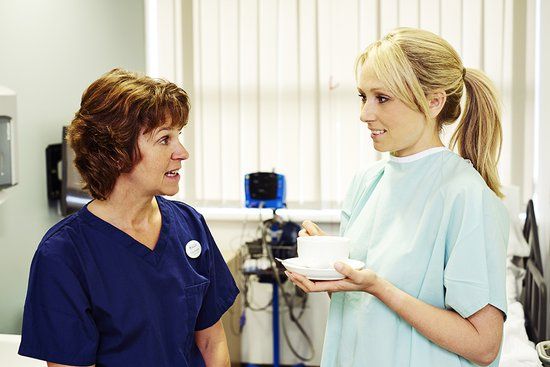The National Institute for Health and Clinical Excellence (NICE) has updated its guidelines on the provision of fertility treatment. It’s been almost 10 years since the guidelines – which apply to England and Wales - were last revised, and there are many changes which reflect the rise in the number of people now seeking help for infertility and those who should be offered it within the NHS.
Key highlights of the new guidelines include:
- Fertility investigations after one year:If after a year of unprotected intercourse you have not fallen pregnant and there’s no known cause, you should be offered fertility tests and investigations, if you are 36 or over this referral should be earlier
- Sooner access to treatment:Offering treatment after two years of trying to conceive, instead of the current three years
- IVF for over 40s: Women aged 40-42 should be offered one cycle of IVF on the NHS – but only if they have never had IVF before and have enough eggs (no poor ovarian reserve)
- Three cycles of IVF:Women aged under 40 should receive three full cycles of IVF/ICSI
- Embryo transfer: Women aged 37 and under should have only one embryo transferred in their first cycle. Two embryos can be considered in subsequent cycles if no top-quality embryos are available and in older women dependent upon quality of embryos available.
So what do the new rules mean for you? If you need help to have a baby – whether you’re in a same-sex relationship, you have an infertility diagnosis or you are just not conceiving and you don’t know why – it’s important to remember that the NHS does not actually have to abide by the new guidelines.
They are simply guidelines which NICE suggests to be the best possible course of action based on clinical evidence. But as we already know from the ‘IVF postcode lottery’, Primary Care Trusts (PCTs) - soon to be replaced by local Clinical Commissioning Groups (CCGs) from April – make their own decisions how much treatment to offer you, based on their budgets. A report from 2011 showed that only one in four Primary Care Trusts offered women the recommended three full cycles of IVF.
Yet with one in seven couples now estimated to be affected by infertility, many fertility experts are calling on all PCTs and the forthcoming CCGs to give infertility treatment the focus it deserves.
Indeed, here at Manchester Fertility it’s one of the main reasons why we see patients travelling to us from outside the North West, from areas such as Staffordshire, Yorkshire and beyond. They simply cannot get access to treatment through their local NHS and although these new guidelines go some way to addressing better treatment for older women and earlier access to treatment for all, it remains to be seen whether this will actually come into practice, especially at a time when funding for fertility within the NHS is so low.
Infertility Network UK is campaigning for fair provision of treatment for all. They have useful information on their website about IVF on the NHS in your area. If you are fortunate enough to receive funding, it is possible for you to request that your NHS IVF treatment is transferred to us here at Manchester Fertility.
If you want to read the new, updated NICE guidelines in full, you can click here.
Last updated: 18th July 2024



